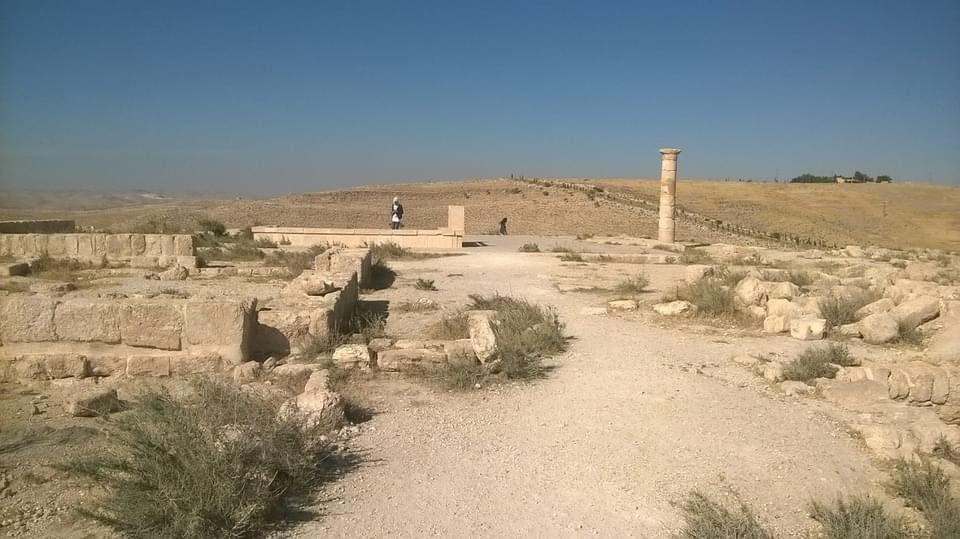
Mukawir, also known as Machaerus, is an ancient hilltop fortress located in Jordan, near the eastern shore of the Dead Sea. The site is historically significant and is best known for its connection to the biblical account of the beheading of John the Baptist.
According to historical records and biblical references, Mukawir was built by King Herod the Great in the first century BC. Herod was a prolific builder and ruler of the region under Roman authority. He constructed Mukawir as one of his strategic fortresses, intended to control the eastern borders of his kingdom and defend against potential invasions from the Nabateans and other neighboring tribes.
Mukawir’s historical prominence comes from its association with the imprisonment and execution of John the Baptist, a central figure in Christianity. The Gospels of Mark (Mark 6:14-29) and Matthew (Matthew 14:1-12) describe the events leading to John the Baptist’s execution at the request of Herod Antipas, the son of King Herod. According to the accounts, John the Baptist had publicly criticized Herod Antipas for his marriage to Herodias, his brother’s wife, which led to his arrest and subsequent beheading at Mukawir.
Archaeological excavations at the site have revealed the remains of the fortress, including its defensive walls, towers, and a palace complex. The hilltop location offers commanding views of the surrounding Dead Sea region, further emphasizing its strategic importance.
Today, Mukawir is an important archaeological site and a popular tourist attraction in Jordan. Visitors can explore the ancient ruins, learn about the history and biblical significance of the site, and enjoy the scenic views of the Dead Sea and the surrounding landscapes. It is an excellent destination for history enthusiasts, religious pilgrims, and those interested in ancient civilizations and biblical events.